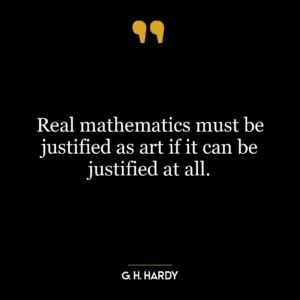This quote highlights the inherent belief that fuels all forms of rebellion – a sense of justification. To rebel is to resist or fight against an established system or authority. But such resistance doesn’t emerge in a vacuum. It is born out of the conviction that there is a legitimate reason to oppose, that there is some form of injustice, oppression, or wrongdoing that needs to be corrected. This quote suggests that without this feeling of justification, rebellion cannot exist. It is the core of the rebel’s motivation.
In essence, it implies that rebellion is not a random act of defiance but a response to perceived injustice. The rebel does not fight for the sake of fighting but because they believe they are right in doing so. This sense of justification can come from various sources – a personal sense of morality, a societal sense of justice, or even a divine command.
In today’s world, this idea can be seen in various forms of activism and social movements. For instance, the civil rights movement, the feminist movement, or the fight against climate change are all forms of rebellion against established norms or authorities. These movements are driven by the belief that there is a moral imperative to challenge and change the status quo.
In terms of personal development, this quote can be applied to the idea of standing up for oneself or one’s beliefs. It highlights the importance of having a strong sense of right and wrong, and the courage to act upon it. If a person feels they are being treated unfairly, or their values are being compromised, they might feel justified in rebelling against the situation. This could mean standing up to a bully, leaving an unhealthy relationship, or challenging unethical practices at work.
However, it’s also important to remember that the feeling of justification can be subjective and can sometimes lead to conflicts or even violence. Therefore, it’s crucial to question and examine the sources and validity of our sense of justification.










